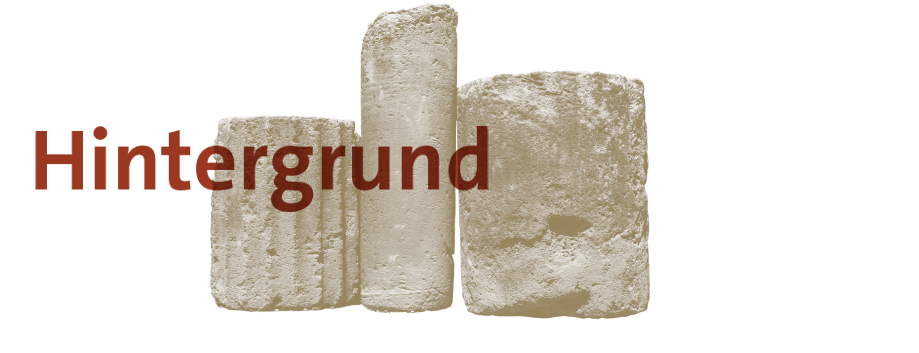
The study of Antiquity has played an important role at the University of Zurich since its very beginnings. The classical philologist Johann Caspar von Orelli was one of the driving forces behind the present institution opened in 1833, but with roots reaching back to the period of the Reformation, as is well recognised. The programme of reform, inspired by humanism, and realised by Zwingli from 1525 at the so-called Prophezei (the School of Latin and Biblical exegesis at Zurich), gave a central position alongside Latin to the Biblical languages of Greek and Hebrew ("The University of Zurich, Promoting critical thinking since 1525").
The study of Antiquity in the Universitas litterarum of today is scattered over several faculties: The Faculty of Arts and Social Sciences, Law and, scarcely surprising considering its historical origins, the Faculty of Theology, as well as the Faculty of Medicine. Within the Humanities Faculty too the study of Antiquity has been cultivated in research and teaching at various departments and institutes, in particular in the Department of Greek and Latin Philology (Seminar für Griechische und Lateinische Philologie), the Archaeology Institute (Institut für Archäologie) and the Department of History (Historisches Seminar). Over the course of the centuries, European intellectual history – and when one thinks of the significance for the Islamic world of Late Antique philosophy, then not only the European – has always received such determining impulses from out of the confrontation with the literary, philosophical and material culture of Greco-Roman Antiquity. The themes in the scholarship of Antiquity belong all the more naturally, therefore, in the teaching and research programmes of many other insitutes and departments, especially outside of the domain of the Humanities.
With the successful establishment in 2018 of the interfaculty ZAZH (Zurich Center for the Study of Antiquity), a primary objective being pursued is the linking across the institution and beyond faculty lines, of the extraordinarily rich offerings of the University of Zurich in the domain of ancient scholarship, and the extensive utilisation of the specialised skills available there. The individual disciplines within Ancient Studies are already themselves optimally connected within their global scientific communities and enjoy international recognition.
Still further, this gathering together of institutional threads has the potential to position the University of Zurich as a national and European research hub, in which interdisciplinary researches into Mediterranean Antiquity, its civilisational precedents in the Near East and its manifold receptions within and outside of the European context will be undertaken. Greco-Roman Antiquity as the first globalised culture of a unified Mediterranean will not be studied only for its own sake, but as that model by which thinkers for centuries and up until the present have oriented themselves, which they have sought to process, regarded and been challenged by its critical potential for their own contemporary world. Intensified collaboration in teaching and research furthermore allows for the optimisation of targeted fostering of up and coming researchers, especially in the area of graduate studies. Additionally, the communication and publicising to the university and wider public of the themes and questions of research specific to Antiquity are thereby facilitated and improved.